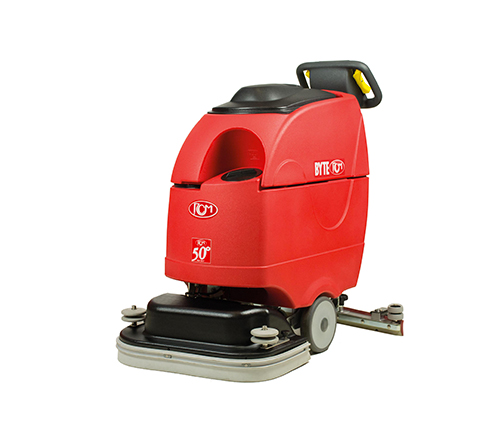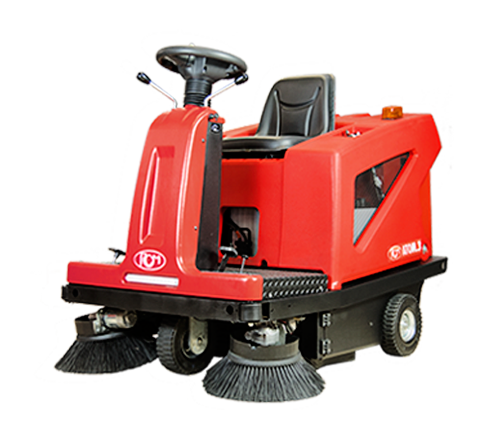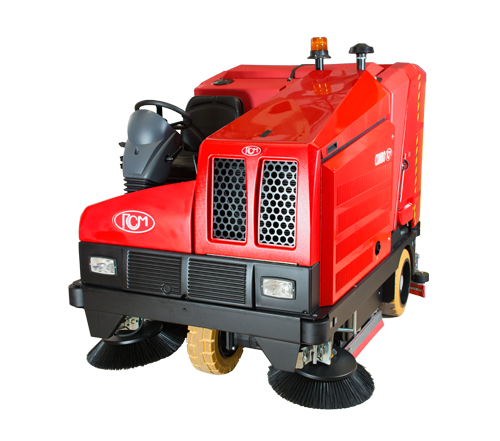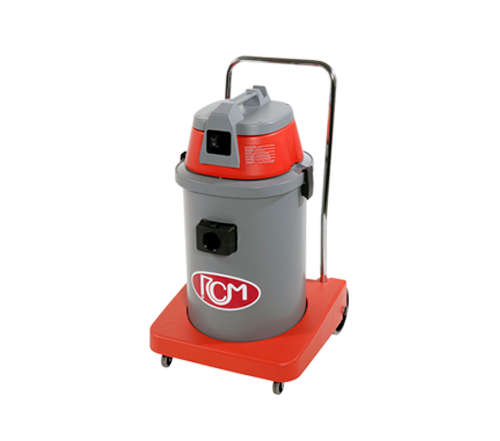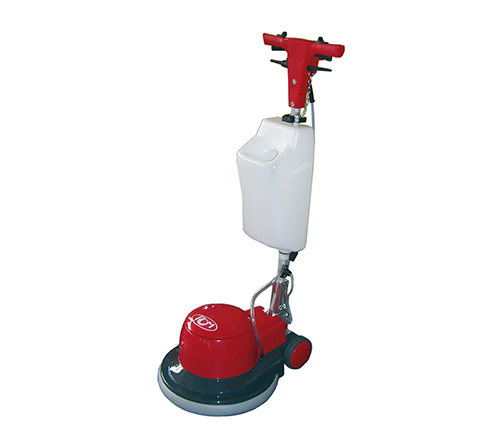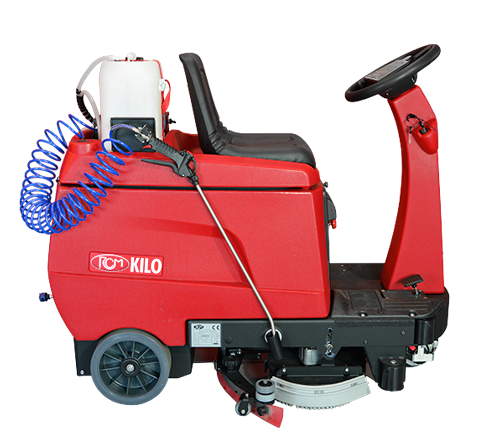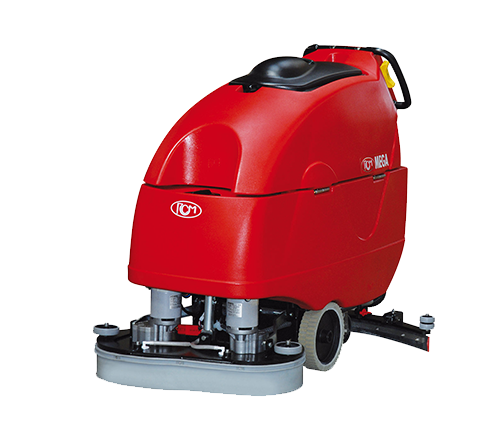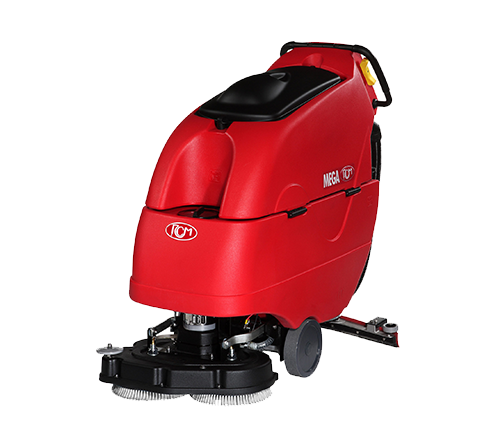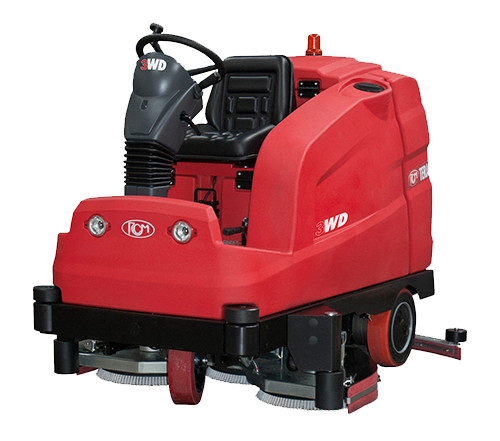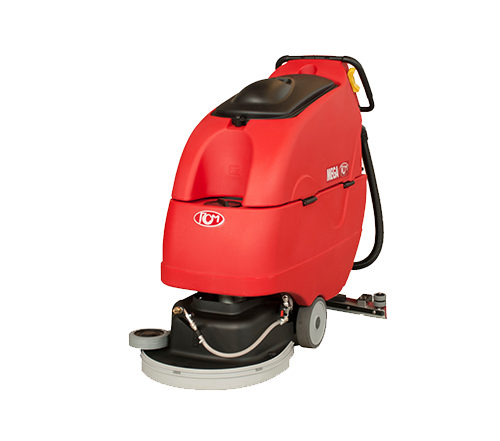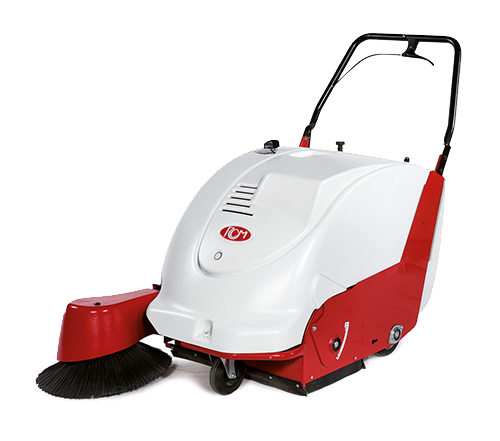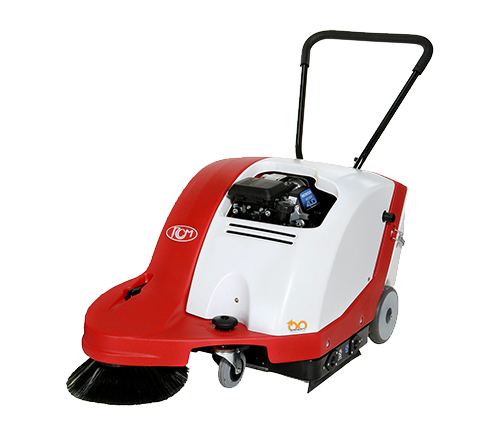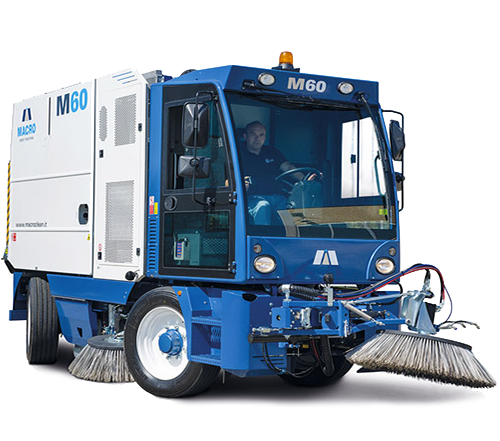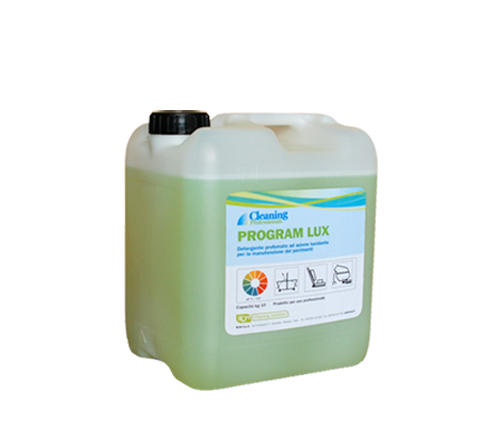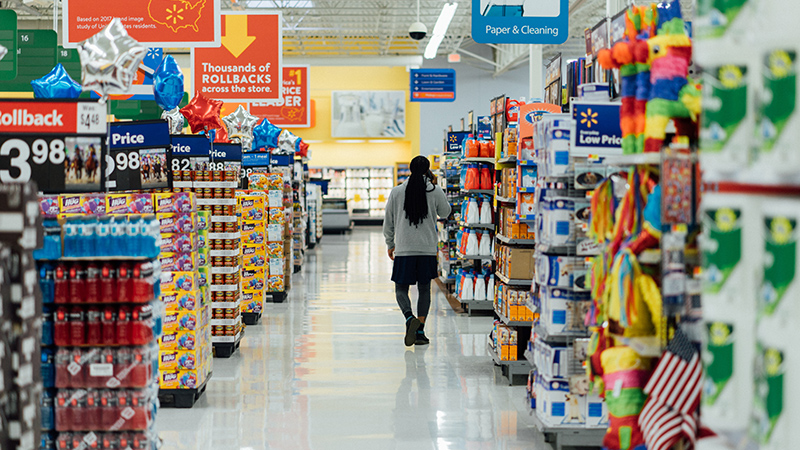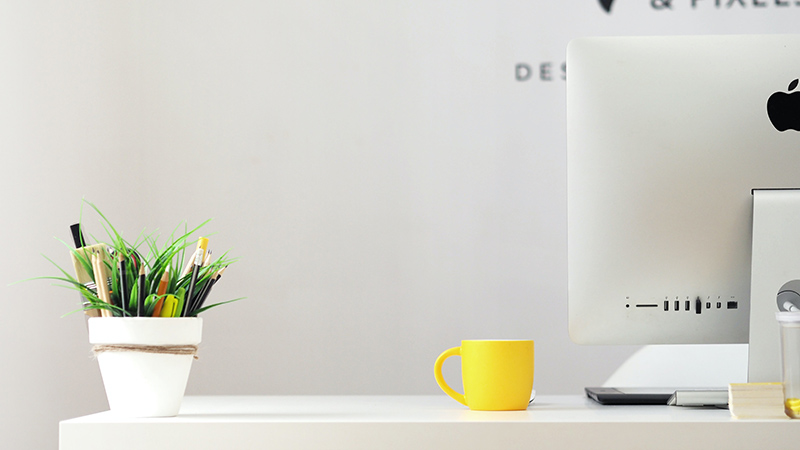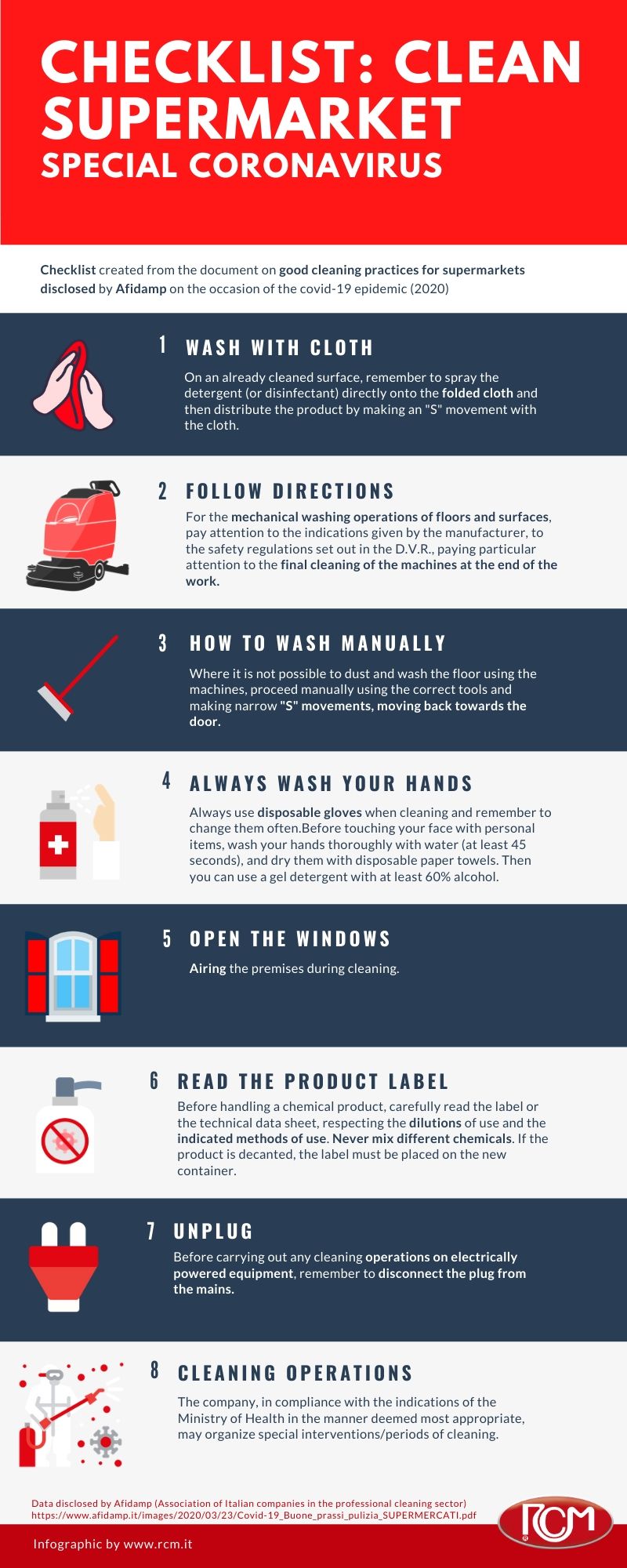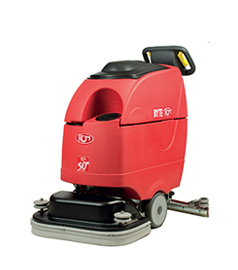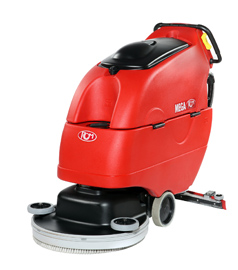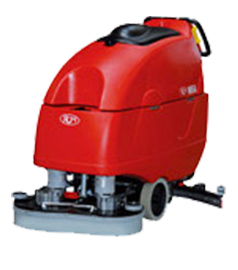OPT FOR DISPOSABLE WIPES
To reduce the risk of contamination and spread of the virus, disposable cloths and fringes are recommended for disposal as potentially infected material.
IF YOU USE NONDISPOSABLE WIPES
If it is not possible to opt for single use, replace the cloths and mops/franges used for cleaning at frequent and scheduled intervals, paying particular attention to the boxes, where it is advisable to change the cloth for each box. For the subsequent washing, proceed with an intensive machine wash, at temperatures not lower than 60°C, or at lower temperatures, provided that Hydrogen Peroxide or Peracetic Acid based products are used for microfibre fabrics or chlorine based products for cotton cloths.
DISINFECTANT SOLUTIONS
For floor disinfection, we recommend the use of chlorine disinfectant solutions at a concentration of 1000 ppm after cleaning; for disinfection of high touch surfaces and for the area where the chlorine concentration can rise up to 5000 ppm. Other effective products are those that release oxygen such as hydrogen peroxide and Peracetic acid, but in their concentrated version they have serious hazard classifications.
FRAGILE SURFACES
For surfaces that may be damaged by sodium hypochlorite, use ready-to-use alcohol-based disinfectants and/or other disinfecting active ingredients.
PRE-IMPREGNATED WIPES
Disposable pre-impregnated wipes are also indicated for the correct application of disinfectants.
VENTILATE THE ROOMS
When cleaning/disinfecting with chemicals, it is recommended, where possible, to exchange air in the rooms in order to avoid dangerous concentrations of suspended pathogens.
MASK, GLOVES, GOWN AND…
All cleaning/disinfection operations must be carried out by personnel wearing suitable PPE (respiratory filter FFP2 or FFP3, face protection, disposable gloves, disposable long sleeved waterproof gown), and follow the measures indicated for the safe removal of PPE (undressing).After use, disposable PPE should be disposed of as potentially infected material.



